Why do we seek the unattainable?
Scourge = a person or thing that causes great trouble or suffering; (historical) a whip used as an instrument of punishment.
The search for perfection can be found throughout everyday life: the desire to be a perfect student, parent, child, lover, athlete, cook; to have the perfect life, body, relationship, and so on. Advertisers use perfection to sell cosmetics, fashion, body image, affecting women's and men's sense of self-worth as they compare themselves to unattainable perfection. 'Comparisonitis' invariably co-exists with perfectionism as the perfectionist constantly compares themselves to others who seem to have it all.
Seeking perfection is often seen as a worthy cause, but in reality an individual's striving for perfection - in work, exam performance, in everyday life - is an unachievable goal because there is no such thing as perfect. We are all human and as such prone to making mistakes and sometimes failing at things we do. Failure is a normal part of human experience. Perfectionism - the constant striving to be perfect - can be debilitating because the perfectionist will often prefer not to complete something if they do not judge it themselves as being perfect. And that's the point: 'perfect' is a subjective judgement and what is perfect for one person may not be for others. And seeking to be perfect is energy-sapping - it takes a lot of effort.
Ironically, perhaps, perfectionism is actually a coping strategy - though a dysfunctional one - for dealing with anxiety. By striving for perfection the perfectionist brings about temporary relief from anxiety - a fear that they're not good enough, an underlying core belief perhaps that 'I'm useless' or 'I'm not good enough'. 'But if I do all in my power to be perfect then I'll prove to others (and myself) I'm not as useless as I think I am.' But that temporary reduction in anxiety becomes replaced with anxiety about not getting stuff done, missing deadlines because you can't bear to submit what you think is sub-standard work, exhaustion, irritability etc. And then you procrastinate about even starting something you can't do well enough. And that leads you in a neat vicious cycle to low self-worth and possibly depression, where you can't face doing anything.
Why might it be seen as a modern scourge? Well, because perfectionism is increasingly rife in our schools and universities, as well as through our increasing reliance on social media and the perceived peer pressure that involves - keeping up with ‘friends’. And it can be so debilitating.
Why in schools and universities? Because of the undue focus on exam results and performance in schools, which has been taken into universities as students move on up the educational ladder. Students in schools are focused on exam performance for several reasons: the school's position in league tables is a primary reason, and parents' desire to see their children 'successful', equating erroneously exam success with life, career and personal success - note that many people have highly successful careers and fulfilling lives without ever having been academically successful. There are always alternative futures, some of which may be more exciting, more worthwhile, more enjoyable than had you followed a direct academically-oriented pathway. But if you’re a perfectionist you may never know that, or want to, even though the search for perfection leaves you far from content. You can never meet the high standards you set yourself.
The problem with this focus on results is that it focuses on outcomes not on process - on the final grade, not on the education and learning process - the joy of learning (so often now forgotten). Consequently we are creating a generation of children, young and older adults who do not live in the only reality of the here and now, the present moment, but spend their time worrying in the future about 'what if' or ruminating in the past about mistakes they might have made (asking themselves 'why?'), neither of which are reality. And if you’re a perfectionist academically, you will have spent all your time focused on misdirected studying, to the detriment of doing other things, experiencing life, building other skills and attributes that employers and society value. Instead, if you focus on enjoying your learning, right here, right now in the present moment, the results will take care of themselves. Why? Because you will have learned so much more, and understood fundamental principles you can apply to new situations or problems you encounter, rather than attempting to ram your head full of stuff, much of which you may never be able to use. And you will have done your best, and no one can expect any more than that - no one has the right (even you) to expect perfection. It’s nice to do well, but not essential. Good enough is enough.
So if the above resonates with you, maybe it's time to re-frame your approach, not just to learning, but to life itself - a more mindful approach to life. CBH offers techniques and skills to help you do that and to help you stop the excessive search for perfection.
"...... with your help I feel much more calm about the future and let things come along instead of trying to plan everything. ......I feel deeply relaxed, less stressed and ready to start the challenging new term."
You know it’s time to change!
Bill Sheate, 11 December 2018

